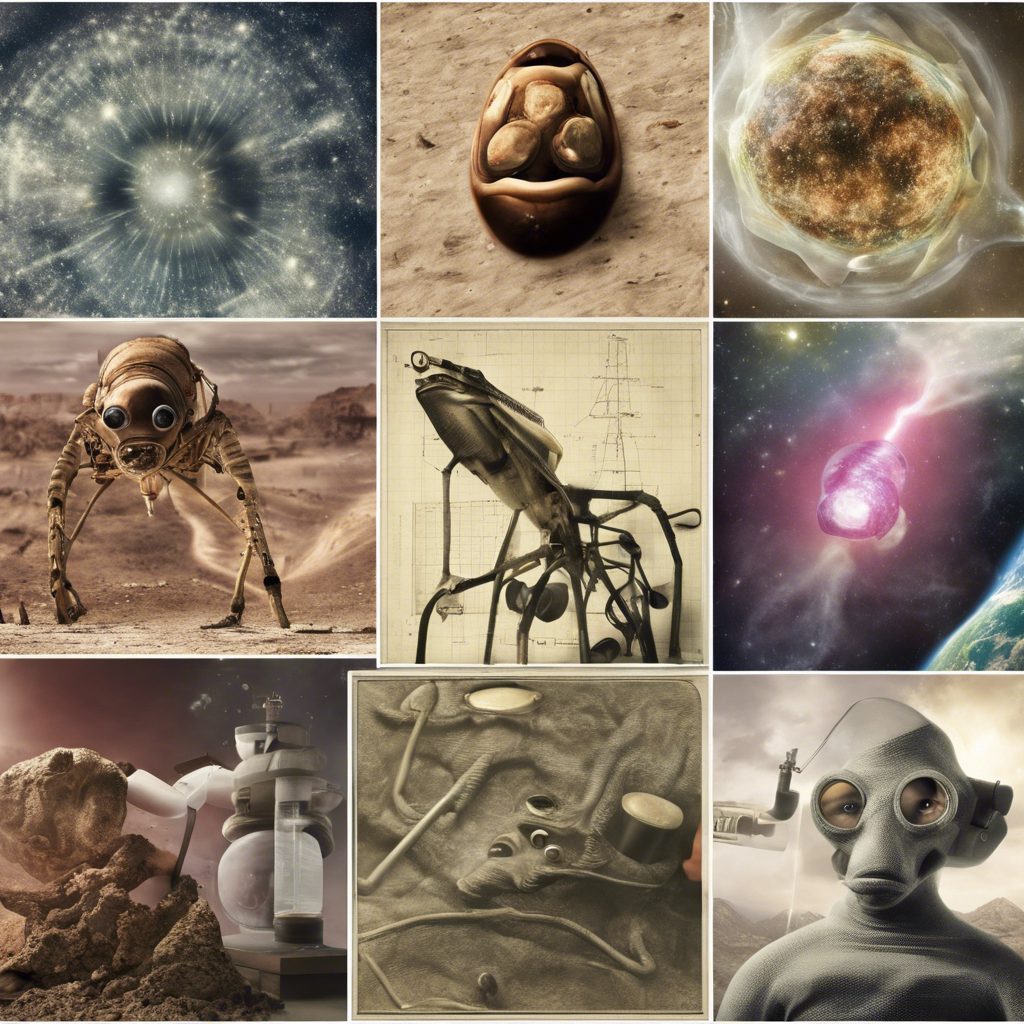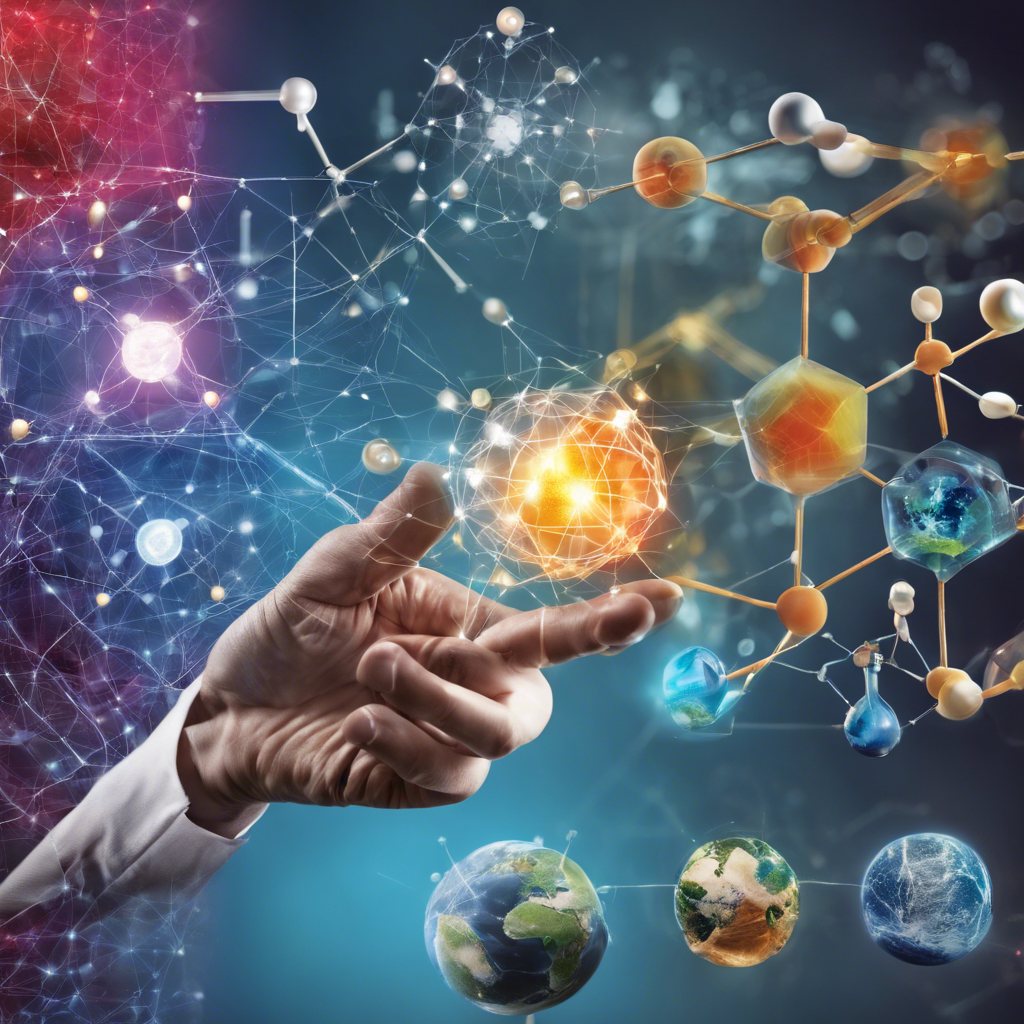How Artificial Intelligence is Transforming the Scientific Method
Artificial intelligence (AI) is revolutionizing scientific research, enabling scientists to make groundbreaking discoveries at an accelerated pace. From drug discovery to understanding genetic data, AI is reshaping the way researchers approach their work. However, this new era of AI-assisted research comes with a trade-off. While AI can process vast amounts of data and uncover connections that humans may miss, it often does so without providing an explanation for its findings. This lack of transparency raises questions about the nature of knowledge and challenges the traditional scientific method.
1: AI in Drug Discovery
One area where AI is making significant strides is in drug discovery. Researchers are using artificial neural networks to generate hypotheses about how the brain processes images and language. AI trained on genetic data is helping biologists study rare diseases, improve immunotherapies, and understand SARS-CoV-2 variants. These advancements have the potential to revolutionize the pharmaceutical industry and lead to the development of more effective treatments. However, the lack of transparency in AI’s decision-making process raises concerns about the reliability and reproducibility of these discoveries.
2: AI’s Impact on Scientific Method
The traditional scientific method relies on transparency, reproducibility, and peer review. However, AI’s ability to produce results without explanation challenges these fundamental principles. Without understanding how AI arrives at its conclusions, scientists are left unable to verify or replicate the findings. This lack of transparency not only hampers scientific progress but also raises ethical concerns. If AI is making decisions that impact human lives, such as in drug development, it becomes crucial to understand the reasoning behind its choices.
3: The Role of Human Expertise
While AI can process vast amounts of data and identify patterns, it lacks the intuition and creativity of human researchers. Human expertise is essential in interpreting AI-generated results, asking critical questions, and designing experiments to validate the findings. The collaboration between humans and AI is crucial for ensuring the accuracy and reliability of scientific discoveries. By combining the strengths of both, researchers can harness the power of AI while maintaining the integrity of the scientific method.
4: Ethical Implications
The lack of transparency in AI’s decision-making process raises ethical concerns. If AI is making decisions that impact human lives, such as in healthcare or criminal justice systems, it becomes essential to understand the reasoning behind its choices. The black-box nature of AI algorithms makes it difficult to hold them accountable for biased or discriminatory outcomes. As AI becomes more integrated into scientific research, it is crucial to address these ethical considerations and develop frameworks for ensuring transparency and fairness.
5: Balancing Progress and Understanding
The rapid advancements in AI-assisted research offer immense potential for scientific discovery. However, it is essential to strike a balance between progress and understanding. As AI continues to evolve, researchers must prioritize transparency and explainability to maintain the integrity of the scientific method. By developing AI systems that can provide explanations for their decisions, scientists can harness the power of AI while ensuring accountability and reproducibility.
Conclusion:
Artificial intelligence is transforming the scientific method, enabling researchers to make groundbreaking discoveries at an accelerated pace. However, the lack of transparency in AI’s decision-making process challenges the traditional principles of scientific research. To maintain the integrity of the scientific method, it is crucial to prioritize transparency and explainability in AI systems. By striking a balance between progress and understanding, scientists can harness the power of AI while upholding the core principles of scientific inquiry.











